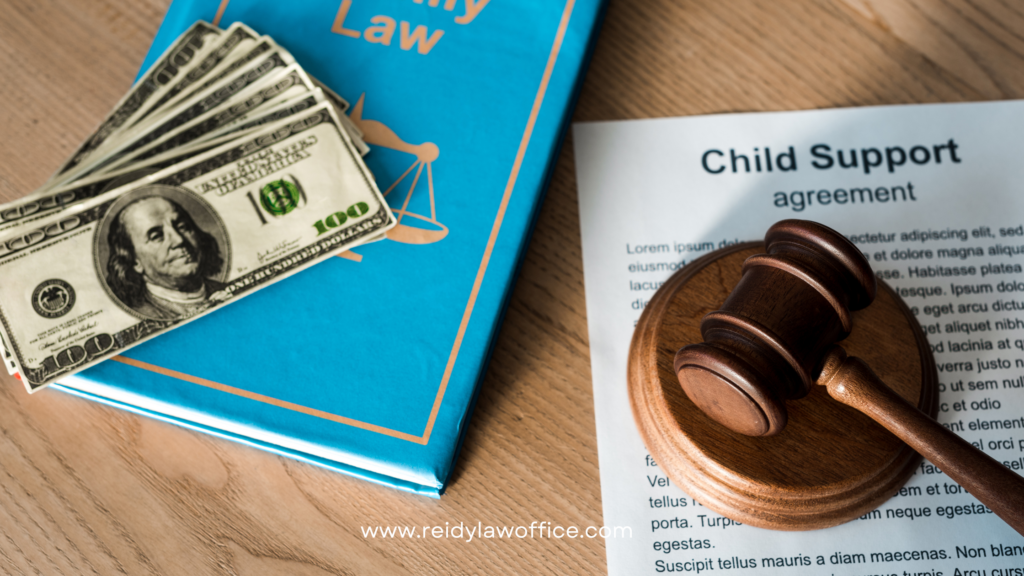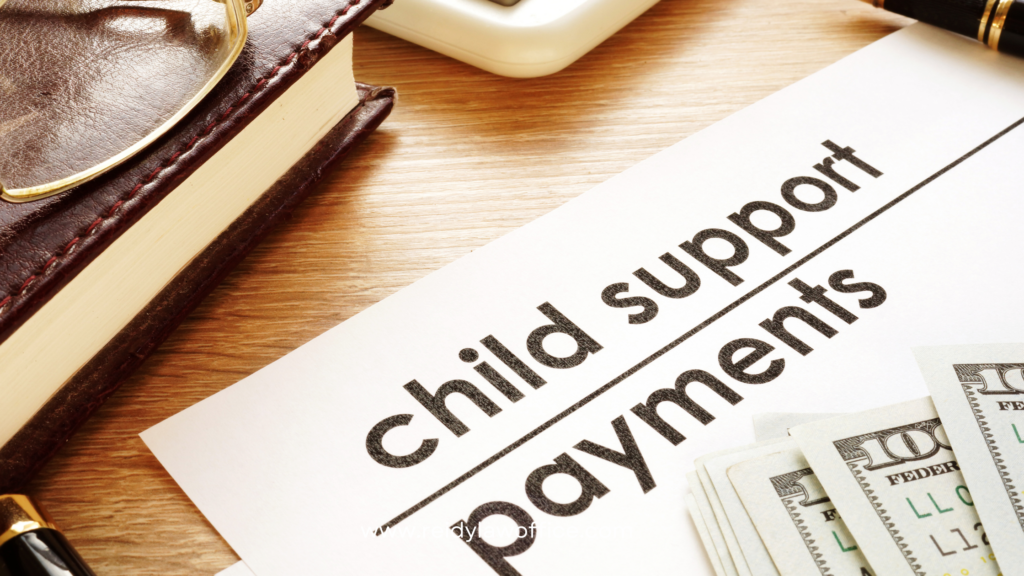The Illinois State Disbursement Unit (ILSDU) plays a critical role in managing child support payments, streamlining the process for parents and caregivers to ensure timely and accurate distribution of funds across Illinois.

Illinois State Disbursement Unit
The Illinois State Disbursement Unit (SDU) is a centralized payment processing center that handles most child support payments and ensures that child support payments are collected and disbursed efficiently and accurately. In Illinois, the State Disbursement Unit (SDU) plays a pivotal role in the process of facilitating child support. This blog post will explore how the Illinois SDU collects and disburses child support, and what both the paying (obligor) and receiving (obligee) parties must do to ensure a smooth process.
Before any payments can be made, a child support order must be established. This can occur through a court order or through an administrative process facilitated by the Illinois Department of Healthcare and Family Services (HFS), Division of Child Support Services (DCSS).
Once a child support order is in place, the obligor (the parent required to pay support) must make regular payments to the obligee (parent receiving child support). There are several ways this can be done:
Income Withholding: The most common method, where the obligor’s employer deducts the child support payment directly from their paycheck and sends it to the SDU. Note, if you are the obligor, it can take several pay cycles before your employer withholds funds. You are responsible for making the payments even though the funds are not withheld from your check.
It is best practice to review your paystub to see if funds are withheld from your check. If they are not withheld, you should make a direct payment to the obligee in the amount of the withholding. Once the payments are withheld, you should communicate to the obligee that they are now being withheld from your paycheck so that they can arrange for delivery from the SDU.
Direct Payment: If income withholding is not possible, the obligor can send payments directly to the SDU via check, money order, or electronic payment methods such as credit or debit cards, or online payment services.
State and Federal Tax Intercepts: The SDU can intercept state and federal tax refunds of the obligor to cover overdue child support if the obligor falls behind on payments.
Next, the SDU receives the child support payments and processes them. This involves recording the payment, allocating the payment to the appropriate child support case, and ensuring compliance with state and federal regulations.
Afterwards, the SDU disburses the funds to the custodial parent (the parent receiving support). Disbursements can be made through:
Direct Deposit: Funds are directly deposited into the custodial parent’s bank account.
Illinois Debit MasterCard: A prepaid debit card issued by the state to which child support payments are credited.
Checks: In some cases, payments may be issued via check.

For more information or assistance, parents can contact the Illinois State Disbursement Unit or the Division of Child Support Services. Your commitment to staying informed and proactive in managing child support payments can make a significant difference in the well-being of your children.
Contemplating divorce is a profound step that involves emotional, financial, and legal considerations. Our "Am I Ready for Divorce?" checklist is a sensitively designed tool that helps individuals thoughtfully assess their readiness for this life-altering decision. This resource aims to guide you through introspection and practical evaluation, ensuring that your decision to pursue a divorce is made with both clarity and foresight.
In any legal or financial undertaking, having a comprehensive and organized set of financial records is critical. Our "Financial Records Checklist" is crafted to give you the clarity and control needed to manage your finances effectively. Whether you're preparing for tax season, undergoing legal proceedings, or simply aiming to get your financial house in order, this checklist is an indispensable tool for ensuring nothing is overlooked.
Divorce not only signifies a major shift in the lives of the parents but also heralds a period of adjustment and emotional transition for the children involved. Our meticulously crafted checklist, "Do Your Kids Need Therapy After Divorce?" is a vital resource for parents concerned about the psychological welfare of their children during and after a divorce. This checklist serves as a compassionate guide for recognizing signs of distress and taking proactive steps to support your child's mental health.
Divorce can be a complex and emotionally taxing journey, but when both parties agree on the key terms, an uncontested divorce can offer a more amicable and efficient path forward. Our Uncontested Divorce Checklist is a comprehensive guide designed to provide individuals with a clear roadmap through the legal process when there are no children involved. This free resource ensures that you are well-prepared, informed, and ready to proceed with confidence.